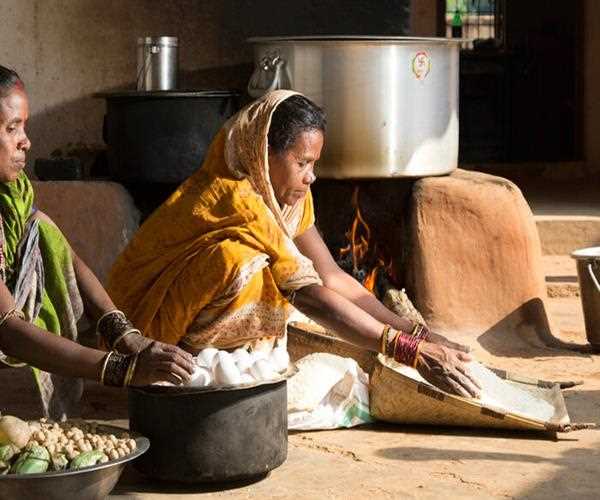The national food for work programme was first introduced in the fifth five-year plan. The ministry for rural development introduced this programme in 2004. This program's goal is to provide low-income Indians with jobs so they can work in unskilled labour and keep their access to food. The programme was part of India's broader poverty alleviation and rural development efforts and aimed to provide employment opportunities to the rural poor while also addressing issues of food security.
Under the Food for Work Programme, the government provided food grains as wages to rural workers in exchange for their labour on public works projects. These projects included the construction of rural roads, canals, and other infrastructure that aimed to improve the living standards of the rural poor.
The programme was designed to provide a win-win solution to two pressing problems: the need for employment opportunities in rural areas and the need to increase food production and ensure food security. By providing food grains as wages, the programme helped to increase the income of rural workers and improve their access to food while also providing a stimulus to the rural economy by creating employment opportunities.

The Food for Work Programme was implemented in many states across India and was widely praised for its impact on poverty reduction and rural development. The programme provided employment opportunities to millions of rural workers and helped to improve the infrastructure in rural areas, which in turn helped to improve the standard of living of the rural poor.
In conclusion, the Food for Work Programme was introduced during India's Fourth Five-Year Plan as a key component of the government's efforts to alleviate poverty and improve the living standards of the rural poor. By providing food grains as wages for public works projects, the programme helped to create employment opportunities, improve access to food, and stimulate the rural economy. The programme remains an important legacy of India's efforts to reduce poverty and improve the standard of living of the rural poor.